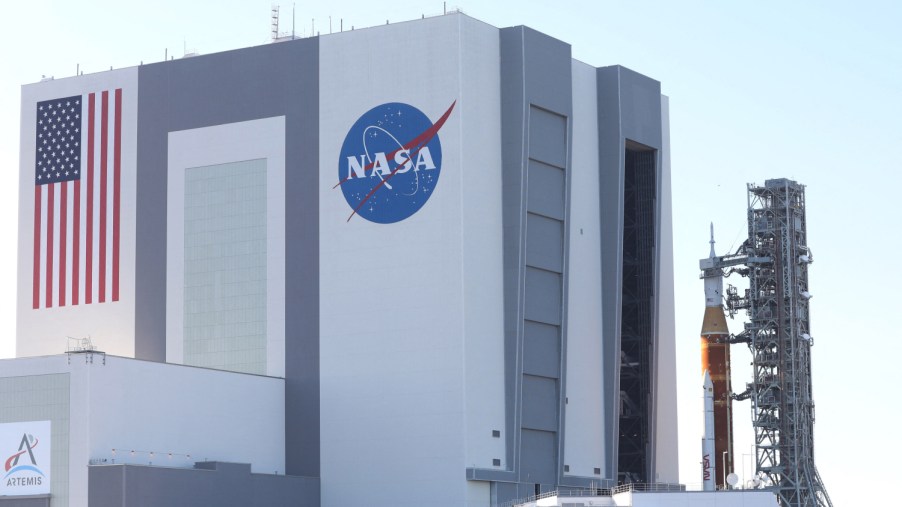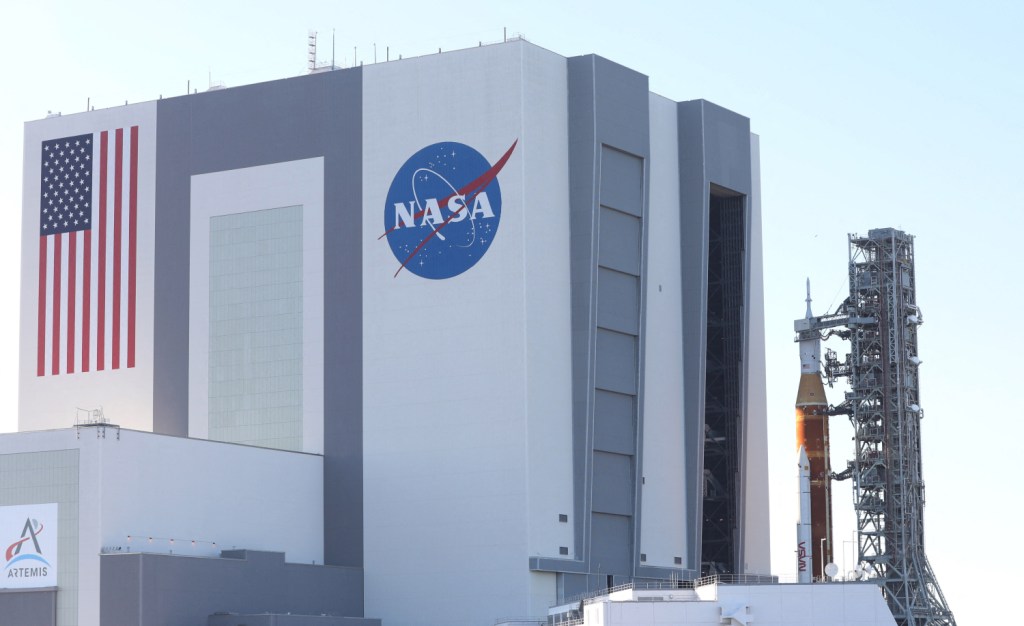
NASA Is Working on Faster Electric Vehicle Charging with Nissan
The electric vehicle revolution is heating up, thanks in part to NASA. NASA is working with Nissan on solid-state batteries and electric vehicle charging. This battery technology has been in the works for a long time, but this collaboration with Nissan might be the breakthrough the EV market needs.
NASA wants to make electric vehicle charging quicker than ever

A recent article from InsideHook noted that the technology needed for solid-state battery mass production was a decade off. The benefits of solid-state batteries outweigh the current electric vehicle batteries thanks to being lighter and offering faster charging. The Wall Street Journal suggested this technology was a decade or more off last year, but that might have changed.
“The configuration has the potential to deliver faster charging times and make the packs safer by eliminating the flammable electrolyte solution used in lithium-ion batteries, auto executives and analysts say.”
The Wall Street Journal
With the threat of fires and other issues from the current technology lingering over electric vehicle manufacturers’ heads, the need for these solid-state batteries is bigger than ever. While NASA isn’t going to have an electric vehicle on the market anytime soon, it knows the benefits of the battery technology.
NASA and Nissan need this electric vehicle battery technology for the future
On April 7, Nissan announced that it planned to launch an electric vehicle with solid-state batteries developed in-house by 2028. Other brands like Ford, Toyota, and Volkswagen have been working and investing in this technology but haven’t brought anything to market yet. Even Dyson was getting in the game but dumped that project after a few failed attempts.
Nissan Corporate Vice President Kazuhiro Doi said to the Associated Press. “Both NASA and Nissan need the same kind of battery.” NASA isn’t building an electric vehicle, but it is working on the technology with Nissan and the University of California San Diego.
Nissan and NASA are working on something called “original material informatics platform.” This computerized database can test combinations of materials to find what works best. The project’s goal is to create an electric vehicle battery than can fully charge in 15 minutes. That means zero to 100% State of Charge (SoC) in 15 minutes. Right now, a brand-new electric vehicle can charge up to the recommended 80% SoC in about 40 minutes.
Electric vehicles currently use lithium-ion batteries
If Nissan can be the first electric vehicle manufacturer to bring this technology to make, it will be a game-changer. Nissan has the electric Leaf on the market but is looking at the future of electric vehicles. The current EV battery technology uses lithium-ion batteries, known to catch fire. The Chevy Bolt EV and EUV were famously spontaneously combusting last year and had to be recalled. It was a messy and costly problem that came from the lithium-ion batteries.
The race is on to get people out of gasoline-powered cars and into electric vehicles. If NASA can help accelerate that process, these new solid-state batteries are going to revolutionize the industry. Above all, these solid-state batteries are safer. Secondly, production can be ramped up if the process can be adopted by automanufaturers, who already have that large-scale manufacturing experience.
“Solid-state technology is the game-changer,” Frank Blome of Volkswagen said of the technology. In conclusion, the general public has to await further updates. Once someone figures it out, it will bring forth a new chapter in the electric vehicle revolution.



